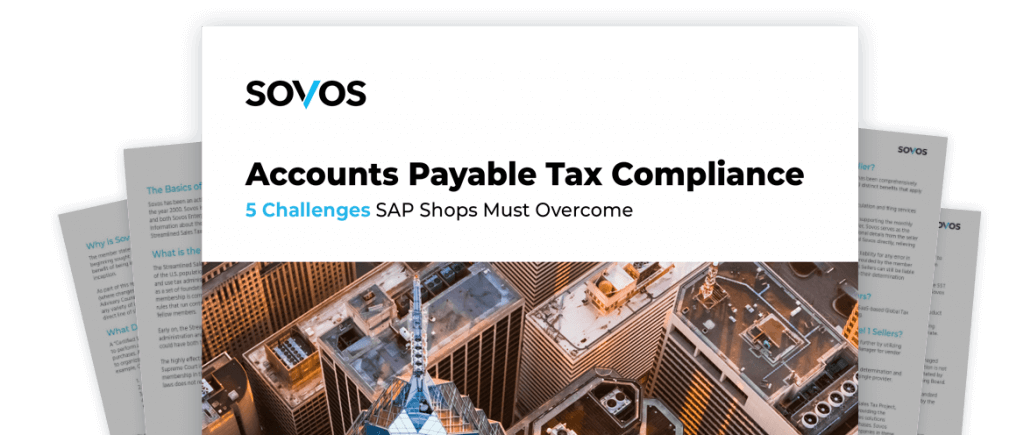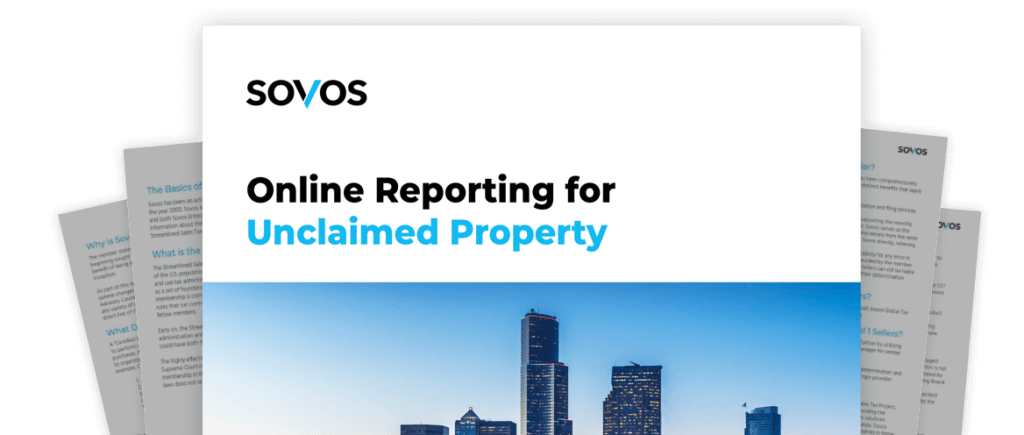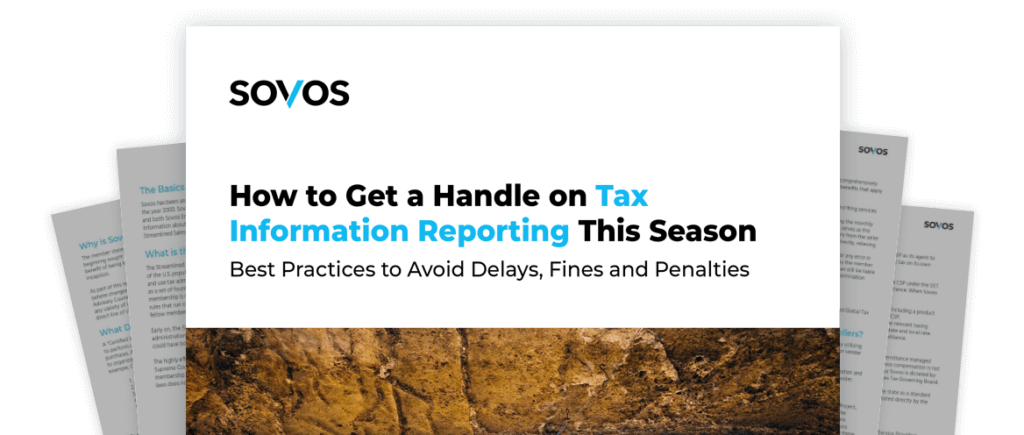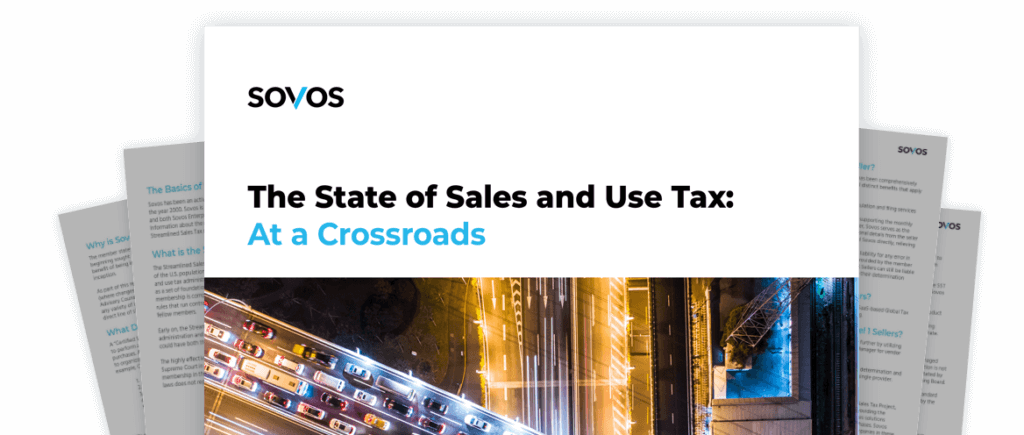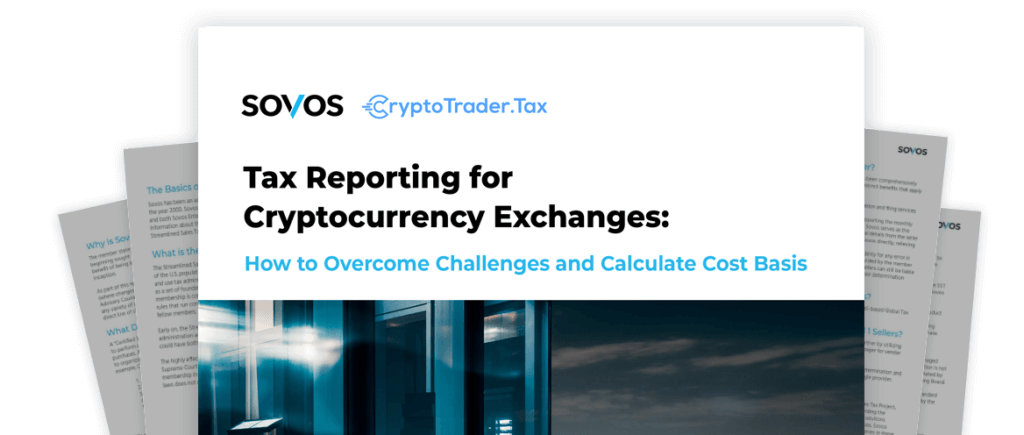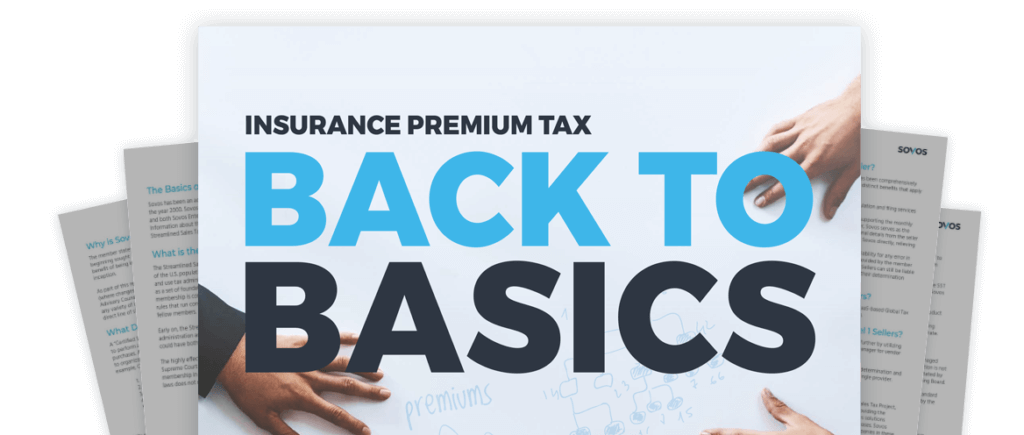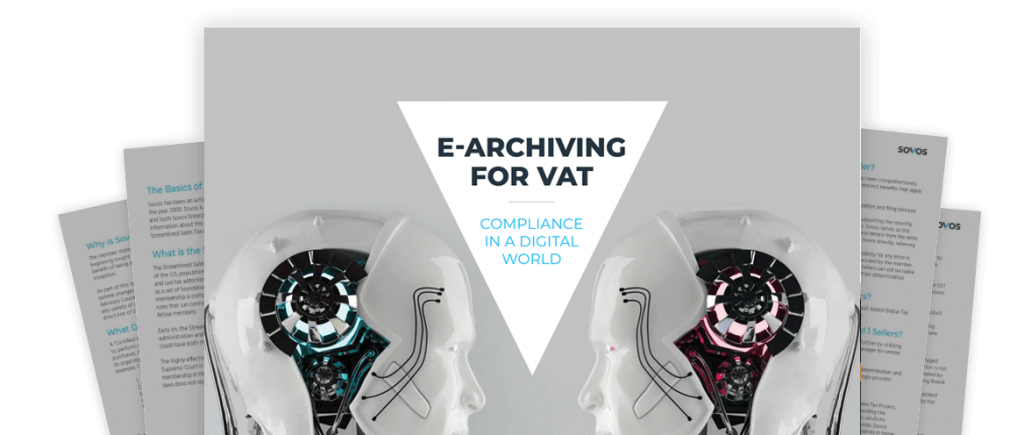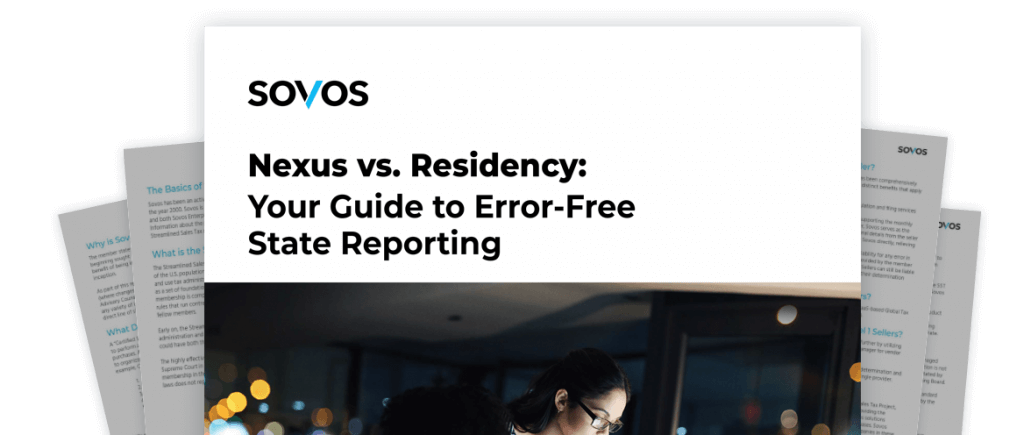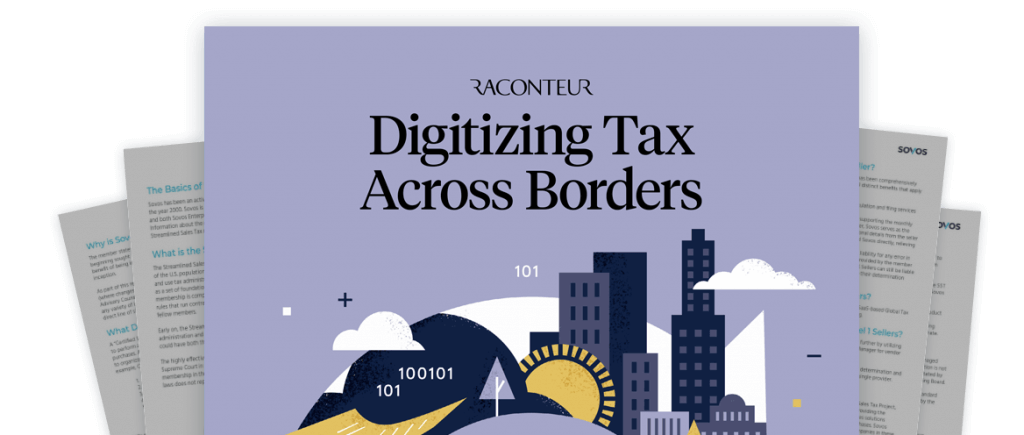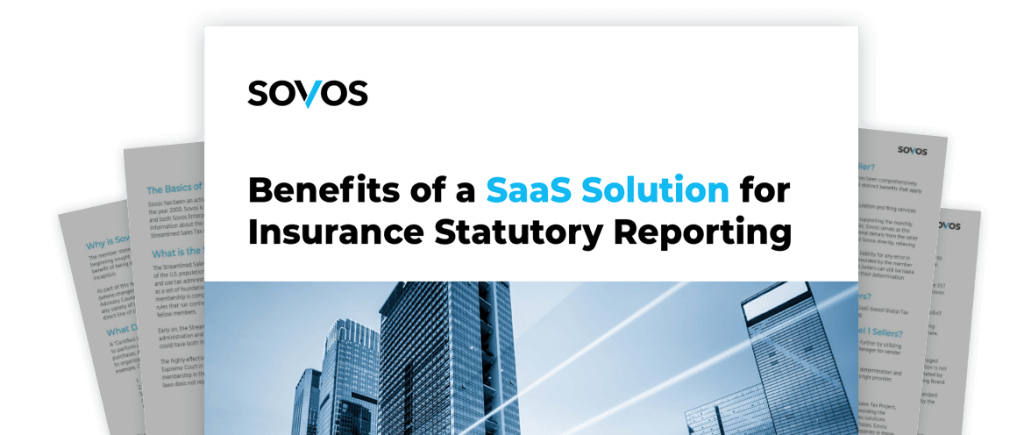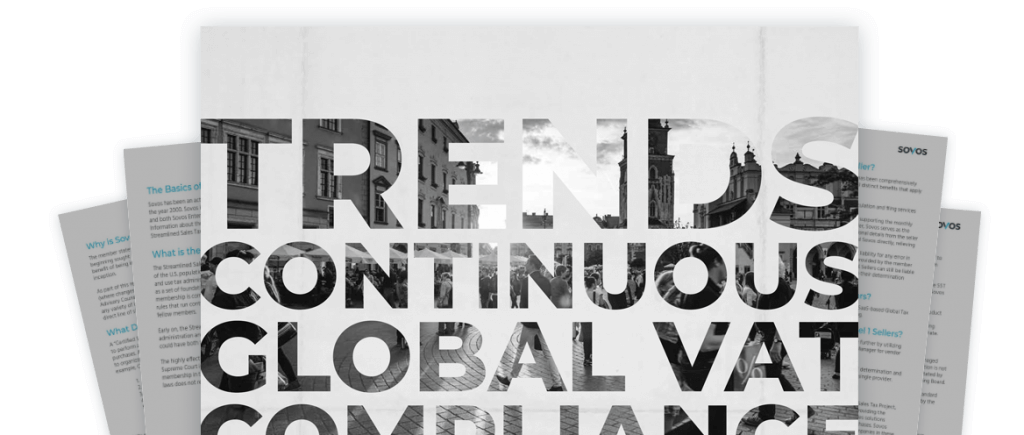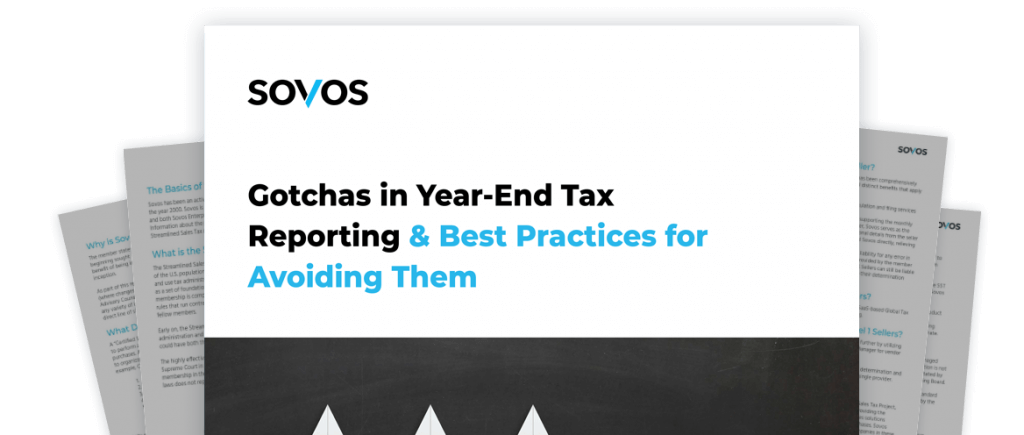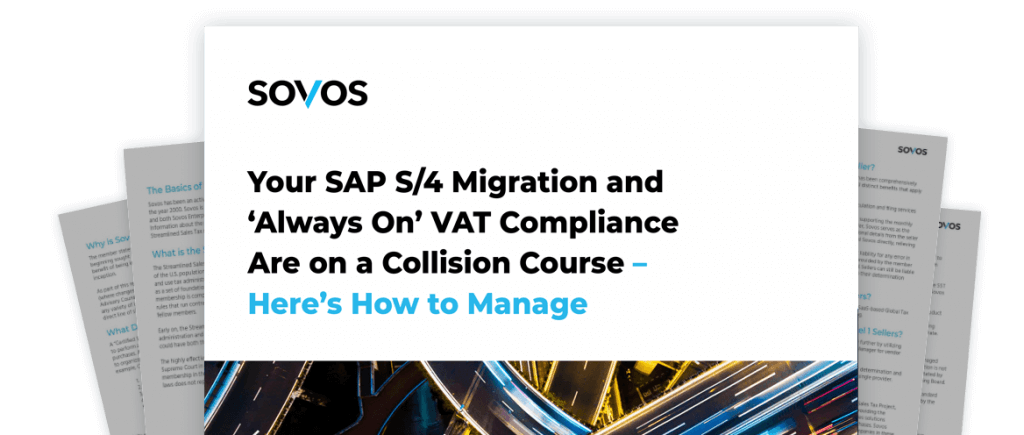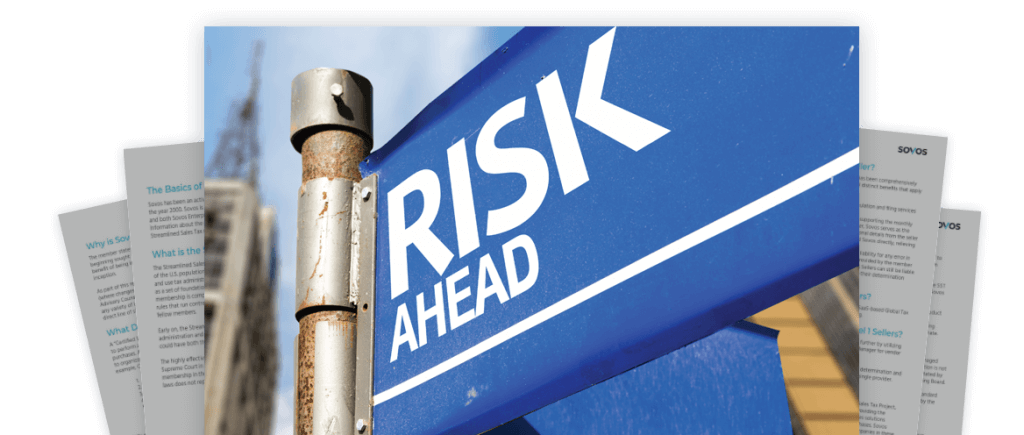Download our e-book to understand:
- What are the greenfield and brownfield S/4 migration options?
- What has changed in global tax?
- What other approaches exist for S/4 migration?
- What are the criteria for a future-proof VAT compliance solution?
- How can Sovos help?
SAP plans to discontinue support for ECC6 by 2025 and that deadline will loom closer and closer as the months pass by.
It is quite clear from market data that many companies will not be able to migrate to S/4 prior to the 2025 deadline – even 2025 will prove tight on time for many, and in some cases, companies will find this deadline near-impossible to make.
Furthermore, many SAP users are yet to automate procurement and customer interactions: a significantly large proportion of orders and invoices are still exchanged on paper, often using ample scanning and OCR software in accounts payable.
Tax digitization is a trend that continues to rise in importance, with tax authorities across the globe introducing e-invoicing and continuous transaction controls (CTCs) to close the VAT gap. Tax compliance requires processes to be updated to comply with these digital tax changes.
Legacy reporting processes, organizational structures and technologies that continue to directly interact with your ERP systems need to evolve. The transformation of indirect tax is becoming a reality: manual, decentralized or shared service centre-aided indirect tax reporting will become a peripheral activity while your organization negotiates the transformation to ‘always-on’ compliance.
If these challenges sound familiar, our e-book is equipped to help you overcome them. Our expert team have distilled their knowledge into this easy-to-digest guide on a complex subject that is underpinned by an increasingly urgent deadline.
How Sovos can help
At Sovos our goal is to allow our SAP customers to switch to a single vendor they can entrust their data to. This seamless migration will simplify operations and ensure compliance with each country’s different periodic or continuous controls at any time.
In doing so, you decouple business and tax functionality so you can focus on the former to power your digital and finance transformation – important considerations in an increasingly digital world where widespread digitization is the expected status quo rather than a purely innovative force.
Sovos provides certainty with a future-proof strategy for tackling compliance obligations across all markets as VAT regulations evolve toward continuous e-reporting and other continuous transaction controls requiring increasingly granular data.
Experience end-to-end handling with compliance peace of mind with Sovos.
